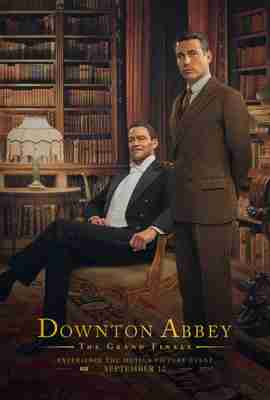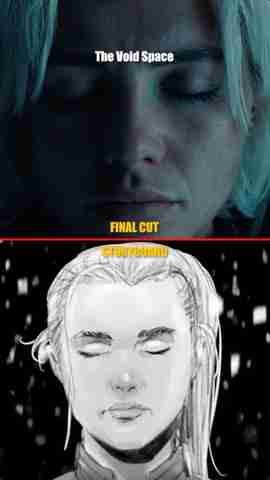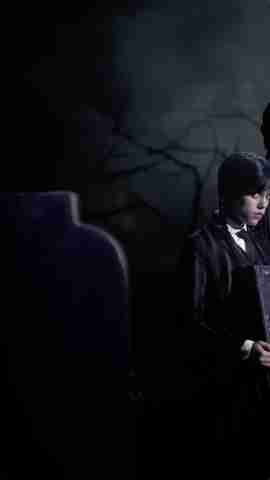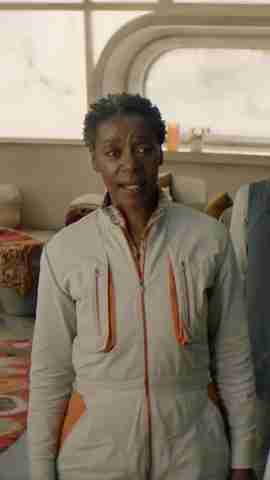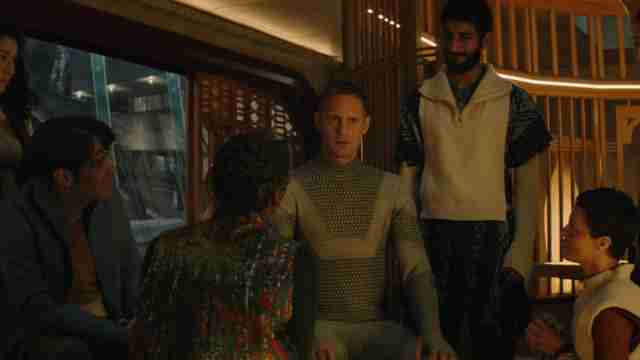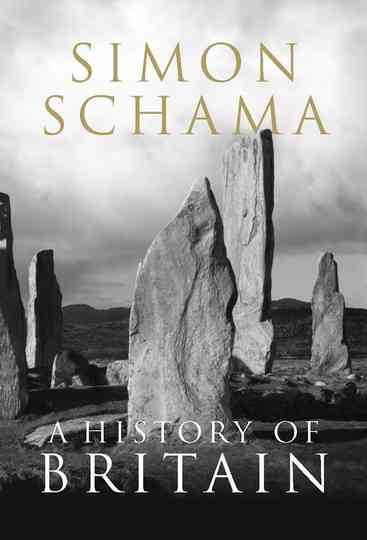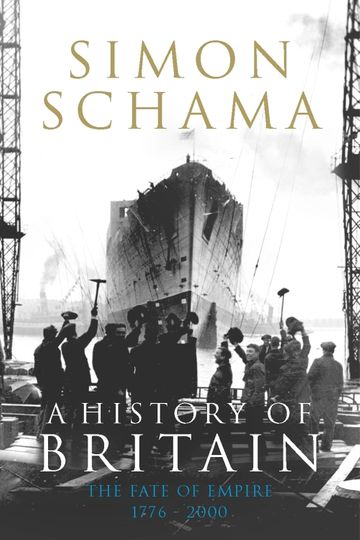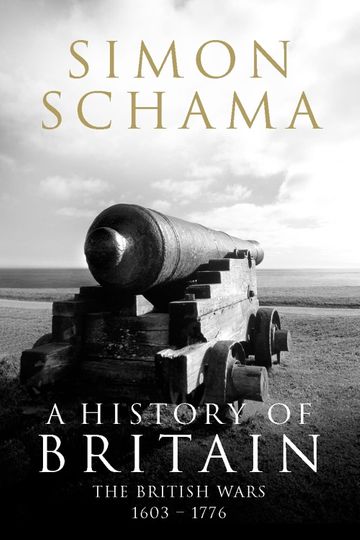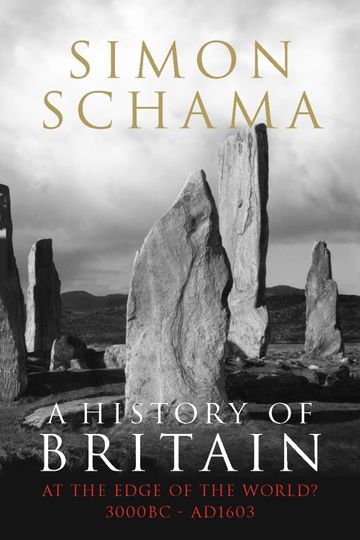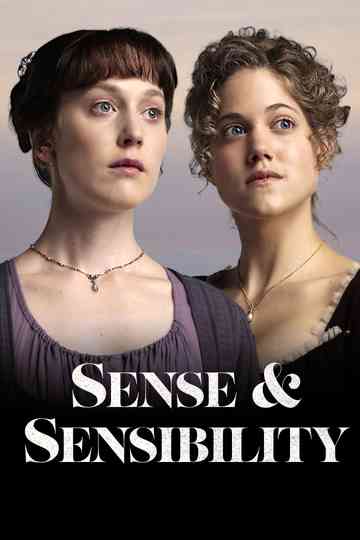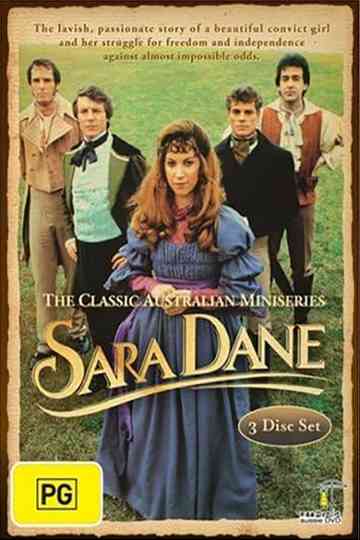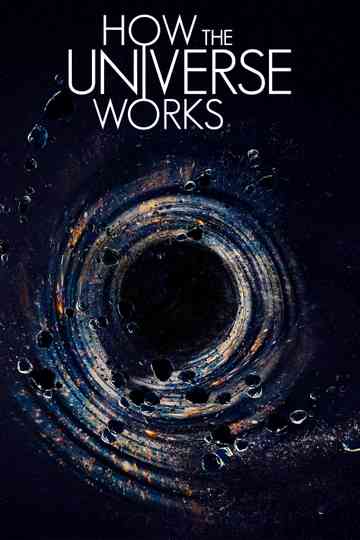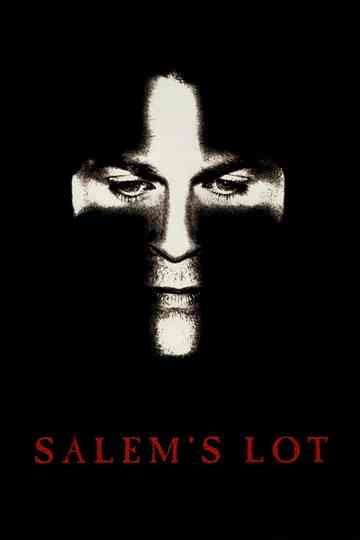The Fate of Empire Plot
Here he illuminates the period from 1776 to 2000 through a variety of historical themes, including Victorian advances in technology and industry, women's increasing role in society, and the burgeoning British Empire which promised civilisation and material betterment for all. This volume also looks at key characters from the period, including Wordsworth, Burke, Queen Victoria, Churchill, and Orwell, whilst examining some lesser-known lives, such as Elizabeth Garrett Anderson, the first woman doctor, and Mary Seacole, a Jamaican nurse in the Crimea. Finally, Schama reflects on the overwhelming presence of the past in the 20th century, and the struggle of our leaders to find a way of making a different national future.
A History of Britain The Fate of Empire aired on May 28th, 2002.
The Fate of Empire Episodes
1. Forces of Nature (1780 - 1832)
Britain never had the kind of revolution France experienced in 1789, but came close to it. This programme explains how 'the romantic generation' discovered the politics of sympathy with the common man. Nature was turned into a revolutionary idea by radicals and poets like Thomas Paine and William Wordsworth, and events across the channel following the fall of the Bastille initially seemed to point a way forward for Britain. But when the terrifying reality of the French Revolution set in, nature was recruited by the patriots.
2. Victoria and Her Sisters (1830 - 1910)
Queen Victoria came to the throne at the tender age of eighteen, to rule over a country in the throes of a painful but supercharged industrial transformation. Chaos and revolution had been predicted by both socialists and traditionalists but in fact family life provided a bedrock of stability. This is how Britain's women, from the Queen to Chartist charladies and West Indian nurses managed the intense change and attempted to galvanize social reform for their Victorian sisters.
3. The Empire of Good Intentions (1830 - 1925)
The British Empire promised peace, stability and prosperity but in Ireland and India it coincided with violence and famine. The programme examines the origins of agonies which continue to resonate today, and how political justice failed to feature in the administration of the time. As Victorian prime ministers, Gladstone and Disraeli promoted very different visions of Empire, but despite their lofty ideals, Schama observes how 'common humanity was sacrificed to the fetish of the market'.
4. The Two Winstons (1910 - present)
Schama's last programme is a meditation on the place of the past in Britain's 20th-century history. Personified in the sharply different reactions of two of its greatest figures, Winston Churchill and George Orwell, the programme explores the fate of the country through two world wars, the slump and a nervous postwar peace. What was the impact of the crusades and the protests of the century, and did Winston Smith, hero of Orwell's 1984, foresee the contemporary political landscape?















